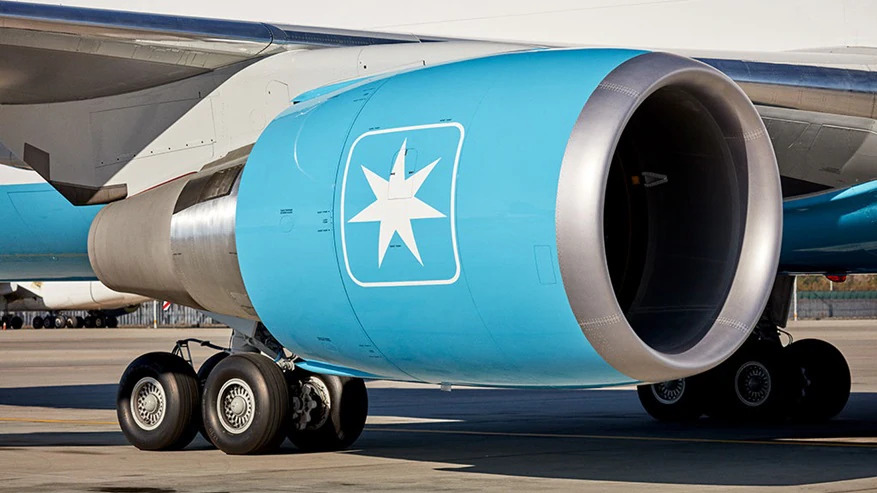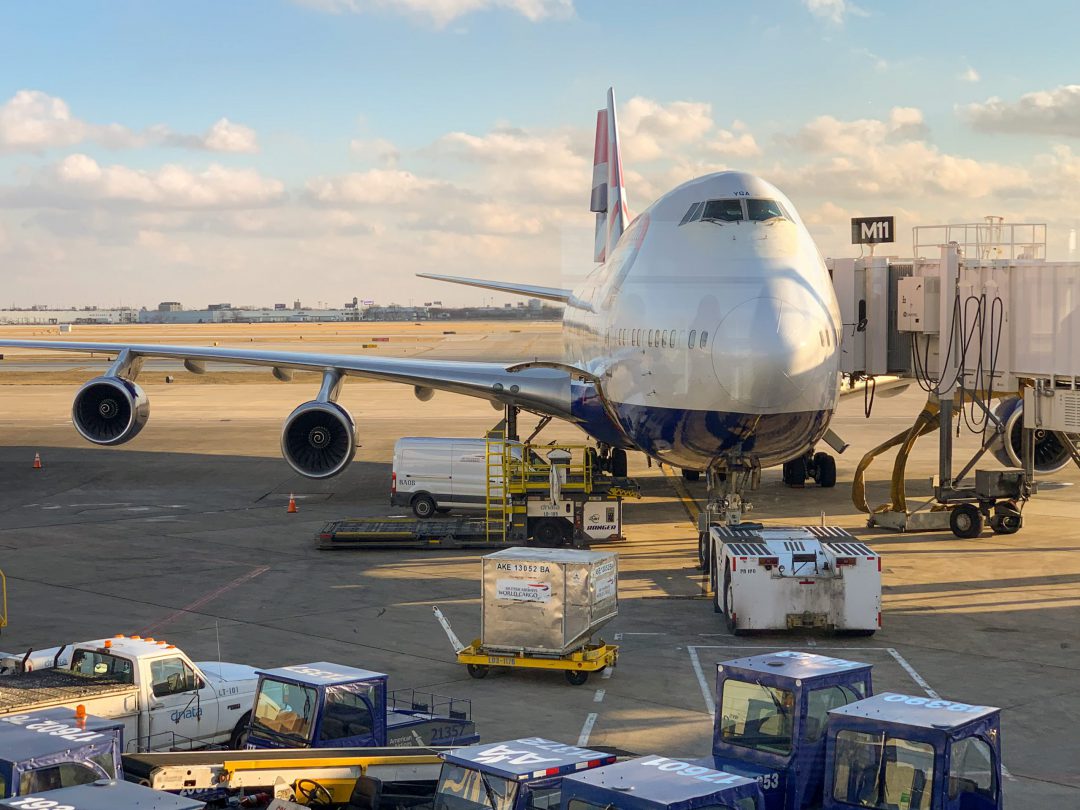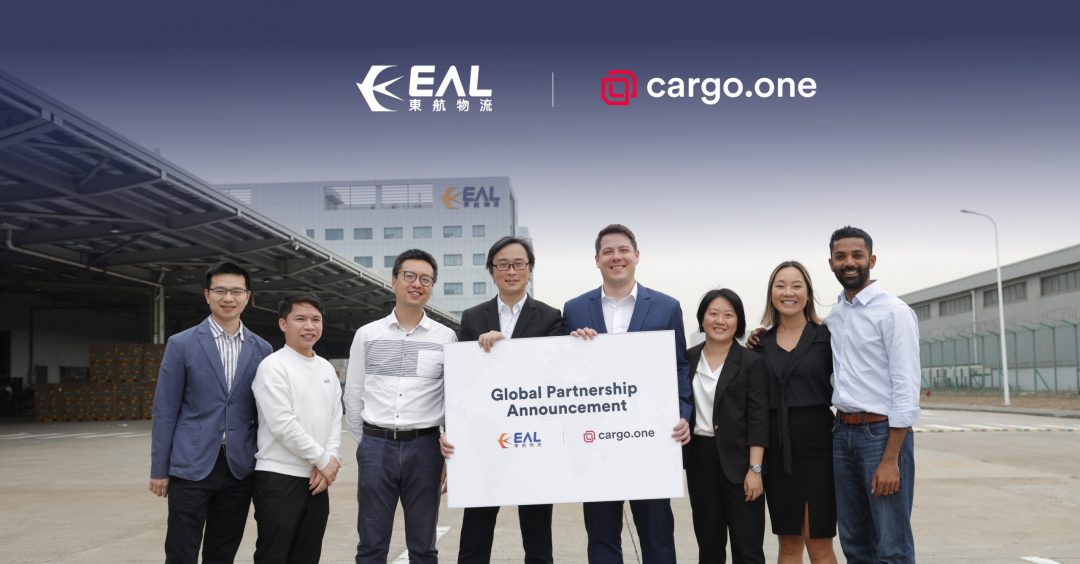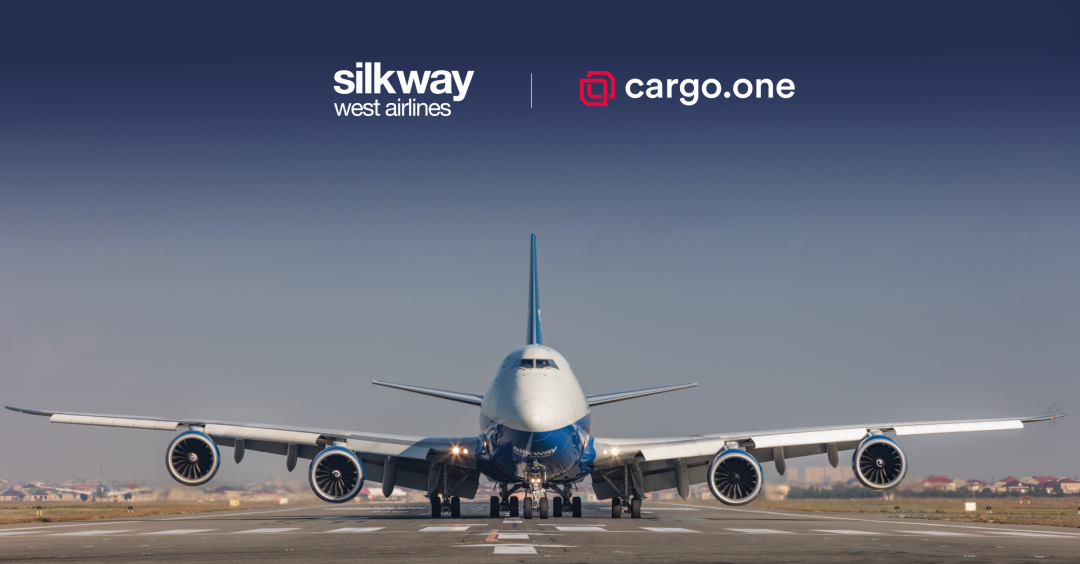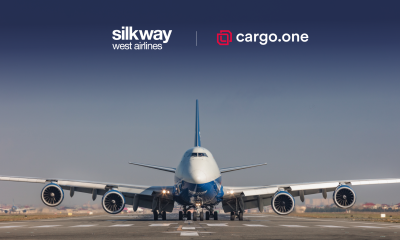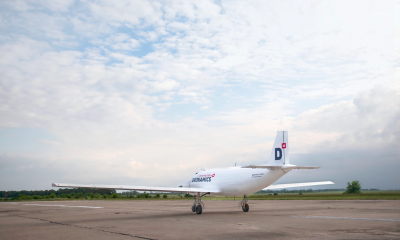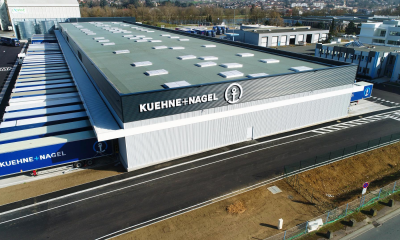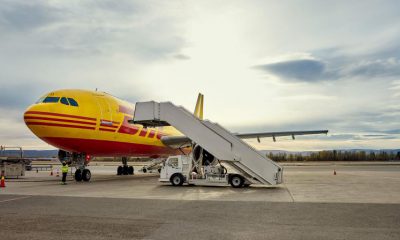Eastern Air Logistics and cargo.one announced a landmark partnership to bring extensive capacity from both China Eastern Airlines and China Cargo Airlines to the real-time digital booking platform. The air logistics group will utilize cargo.one’s award-winning seamless digital booking experience, and gain access to its global footprint of many thousands of freight forwarders. cargo.one is already collaborating intensively to help guide and maximize the airline’s sales digitalization journey. On the heels of cargo.one’s recent launch of cargo.one pro, the deal reflects a strategic focus by Eastern Air Logistics to utilize the most modern and globally relevant partners for its digital transformation.
Eastern Air Logistics harnesses the scale of China Cargo Airlines’ dedicated Boeing 777 and 747 freighter fleet as well as belly capacity in nearly 800 China Eastern Airlines passenger aircraft. The carrier offers 184 countries and regions and benefits from state-of-the-art air cargo depot facilities at major Chinese hub airports such as Shanghai, Beijing, Kunming, Xi’an and Wuhan, as well as a nationwide transportation network.
The addition of Eastern Air Logistics capacities into the cargo.one platform means freight forwarders in close to 5000 forwarding offices worldwide will gain the most user-centric instant access to its valuable capacity into China and across Asia Pacific. The connectivity cargo.one delivers as a 24/7 booking platform will help Eastern Air Logistics to grow its international bookings and remain front of mind with freight forwarders in all relevant markets. cargo.one guarantees an unbeatable digital buying journey to every booking customer.
Jonathan Xu, General Manager of Logistics Solutions Business Dept. at Eastern Air Logistics, comments, “Our close collaboration with the cargo.one team over the past months stands out and forcefully boosts our trajectory to become the most innovative integrated logistics service provider. A clear benefit of partnering with cargo.one is the strength of its insights, proactive partnership support and the valuable best practices for digital that we are gaining for our first steps into digital distribution.”
“It is vital that every freight forwarder globally has rapid and seamless access to the best capacity options for China. cargo.one and Eastern Air Logistics compliment each other perfectly in offering end to end agility and a great experience that forwarders can depend upon”, says Moritz Claussen, Founder & Co-CEO of cargo.one. “It is a real pleasure to work alongside Eastern Air Logistics as they leverage our substantial market force, and benefit from the only next generation multilateral marketplace, and one loved by forwarders”.
Both companies enjoy a proven track record of innovation-leading to drive growth in global freight forwarding markets. For example, cargo.one pro now empowers agents to conduct seamless digital agent-to-agent bookings globally in seconds. cargo.one will position Eastern Air Logistics to profit from the surge in digital forwarding in all markets.
Over the past year, cargo.one has rapidly expanded its participation in the Asia Pacific market. Partnering with national carriers and top three airlines in countries including China, Japan and Singapore, cargo.one is the clear partner of choice for airlines in the region to go digital. cargo.one comprises an essential component of an airline’s efficient multichannel sales setup, as well as supporting revenue and capacity management endeavors.
From Summer 2023, freight forwarders can soon book Eastern Air Logistics capacity using the cargo.one marketplace. Customers will enjoy access to important trade lanes between China and hubs including within Europe – Frankfurt, London, Budapest, Amsterdam, in North America – New York, Los Angeles, Toronto, and in Asia Pacific – Singapore, Kuala Lumpur and Ho Chi Minh.
